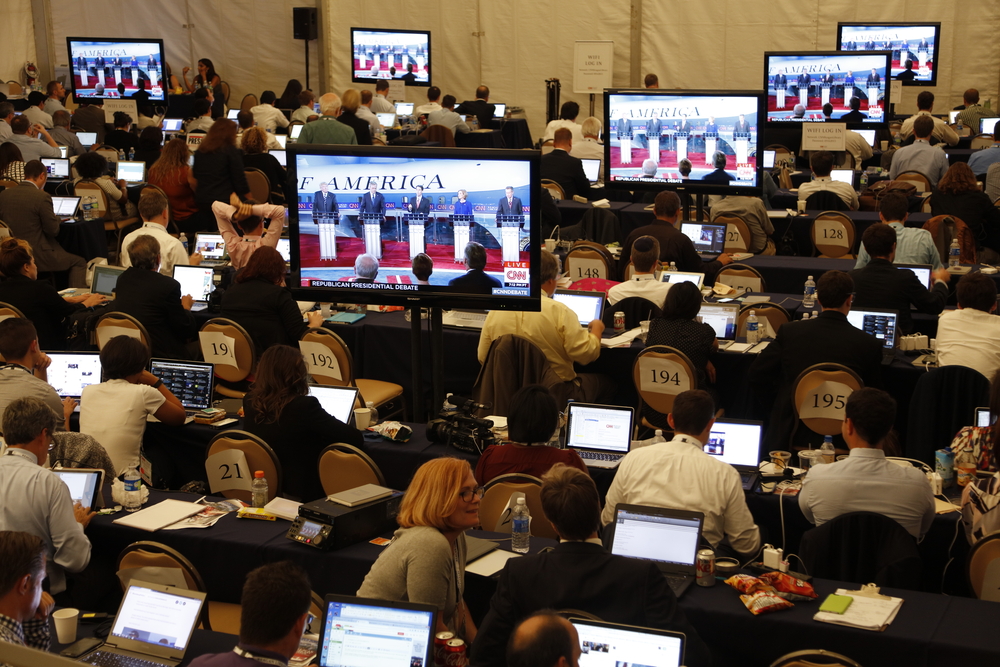
Participation in the campaigning process, up until a few years ago, was a one-way street for voters. Garnering a response from a candidate would come if, and only if, you were part of the audience during a campaign trail stop. Americans would frequently watch televised debates with questions submitted by journalists and reporters – not the everyday citizen.
2016 elections have brought about many changes in the political process, but the most notable change in the landscape has been the inclusion of social media. This shouldn’t come as too much of a surprise, considering Facebook is an active sponsor of the debates this year. Below are a few ways in which social media is playing a significant role in today’s political debates:
1. Everyone Has An Outlet
Social platforms are giving their users the chance to submit video queries and text questions during the presidential debates. Not only does an everyday Joe have the opportunity to let his voice be heard, but he also has the chance to speak to party candidates about their ideas and policies.
2. Moderators that Make a Social Statement
Anderson Cooper hosted this October’s #DemDebate. As a journalist and television personality who is influential and active on several social channels, this allowed social media to play a larger role in the debates than in past elections. Cooper has over 650,000 Instagram followers and over 6 million Twitter followers. Not only is he well versed in politics, he is surrounded by a social community who supports and interacts with him on a daily basis.
3. Engagement Within the Social Community
Not everyone watches the debates, but users are able to read comments in real-time on social platforms such as Facebook and Twitter using a specified hashtag (i.e. #DemDebate). This method of open forum discussion not only informs candidates of their performance after the debates, but it is also very telling as to the winner of each debate based on audience reactions. This type of communal discussion can also influence people’s personal thoughts on certain candidates or parties.
4. Social Listening Turns Into “Reacting”
How do you find out what the audience wants to know from your candidates? Social media. The panel moderators are actively listening to users on social networks to develop and refine their questions for candidates. Some moderators have even credited social media during the debates when introducing new questions pulled from Twitter.
It’s safe to say that we expect further changes to future debates to make them more social-friendly to drive audience participation. Campaign processes that encourage communal discussion and awareness are sure to change the ways in which our world leaders respond to the citizens of their countries.